This project is a heartfelt blend of storytelling, historical context, and a tribute to my late grandfather Mr John Kinyungu, a pivotal figure in my feminist awakening. His profound influence as a father, grandfather (Guka), husband, and church elder created a ripple effect of equality and empowerment for the women and girls in his life. As a father, he championed equal opportunities for his children, particularly his daughters. As a husband, he rejected traditional domestic gender roles. As a grandfather, he was my unwavering supporter. And as a church elder, he courageously advocated for women's rights to hold leadership positions within the church. Born during Kenya's colonial era, my grandfather's life journey was marked by resilience and determination. He navigated the complexities of post-colonialism, weaving together the threads of family, community, and faith. Through his remarkable story, I aim to celebrate his legacy and honor the profound impact he had on my life and feminist values.
Personal Information
Name(s)
John Kinyungu Muthiora
Date and place of birth
Born in 1940 in Kamondo village, Ikinu Location, Githunguri subcounty, Kiambu County in Kenya. He was the fifth born to his parents.
Family
Mother
Numia Wambui
Father
Muthiora Kinyungu
Marriage and Family Life
John Kinyungu met the love of his life Patricia Nyambura by a stream in Kamondo (Rui rwa Kamiti) in 1956. They later got married on the 5th of August 1967 and had nine children (3 girls and 6 boys).
Education
John Kinyungu started formal primary education in 1948, and in 1952 he sat for the Common Entrance Examination which he passed, being one of the two out of the forty (40 pupils) who attempted the exams then. The following year, 1953, he was admitted to PCEA Nyaga Intermediate School. In 1956, he sat for the Kenya Advanced Primary Education (KAPE).
In January 1958, he started evening classes with a few Asians in a semi-permanent structure previously put up at the currently located Central Bank of Kenya Building in Nairobi. In 1959, he was invited for an interview at the East Africa Railways and Harbours and was successful. They took him for training as a Station Clerk trainee for 6 Months, after which they posted him to Nakuru Railway Station as his first workstation. He enrolled for further advanced training which resulted in his promotion to a Station Master. Thereafter, he was able to serve several other stations like Matathia, Dagoretti, Kijabe, Emali, Simba Hills, Forthall, Nanyuki, Mitubiri, Kajiado, Singira-ini, Magadi, Konza, Nairobi and Limuru.
Religion
John Kinyungu was baptized on 15th July of 1954 and on 25th December 1959 he was Confirmed into full Church membership at the Presbyterian Church of East Africa (PCEA). His church involvement went well into his adulthood even after he started his family in Limuru, Kenya. In 1979 he became a Deacon elected to serve in one of the churches (PCEA Stanley Kahahu). This went on for a few years till 1988, November 20, when he was ordained to become a Church elder and served till his death in November 2020.
less
The Jopatsy Empire: A Legacy of Entrepreneurship and Family
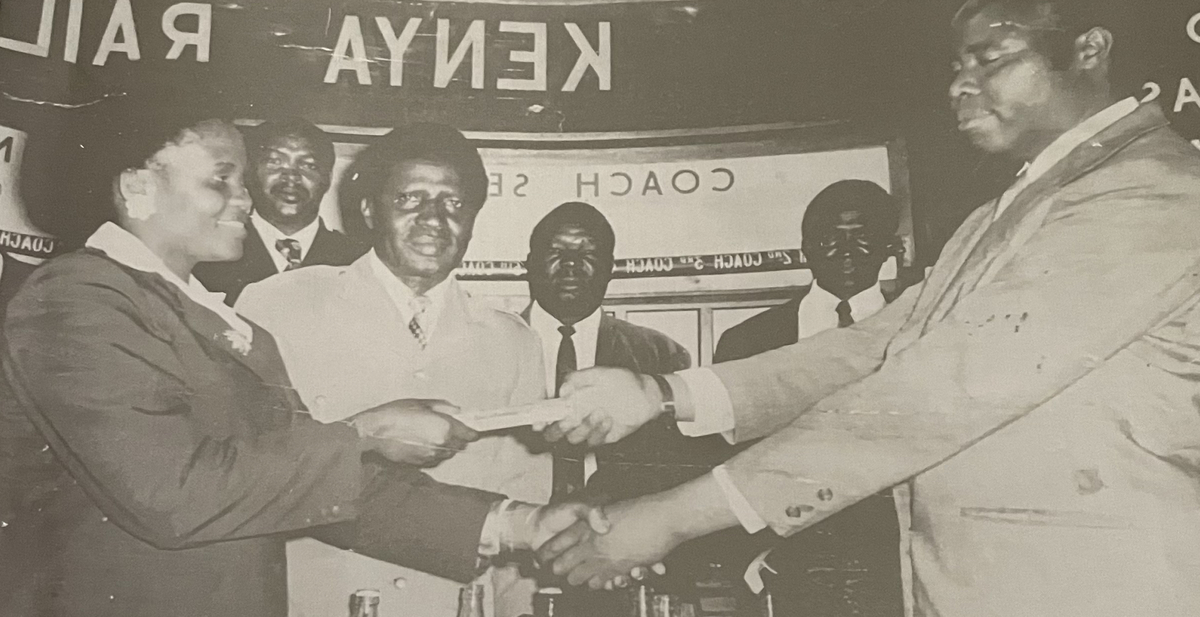
The name "Jopatsy" is a testament to the partnership and love between my grandparents, John and Patricia. It was the name they gave to their first rental apartment building, marking the beginning of a business empire that would become a family legacy. As a devoted family man, his primary concern was providing for his loved ones. His career as a station master at the Limuru Railway Station laid the financial foundation for their future endeavors. With his steady income, he was able to open a shop for his wife, which flourished under her management.
As the business grew, he retired from his role as station master and ventured into the timber industry, establishing a thriving sawmill. This expansion enabled him to invest in real estate and provide quality education for all his children, cementing the Jopatsy Empire's reputation as a symbol of entrepreneurial spirit, family values, and legacy. Starting a business for my grandmother Patricia and letting her run it highlights his progressive attitude in challenging traditional gender roles, which were prevalent in many patriarchal societies, including post-colonial Kenya. By providing her with a business opportunity, my grandfather demonstrated his commitment to promoting economic empowerment and financial autonomy for women. This gesture also underscores the collaborative nature of their relationship, showcasing a partnership built on mutual respect, trust, and support. The fact that both grandparents earned an income had a profound impact on my family's dynamics and contributed significantly to your feminist awakening. The double income not only improved my family's economic stability but also fostered a sense of equality and shared responsibility between my grandparents. This, in turn, created a positive and empowering environment for the women in the family.
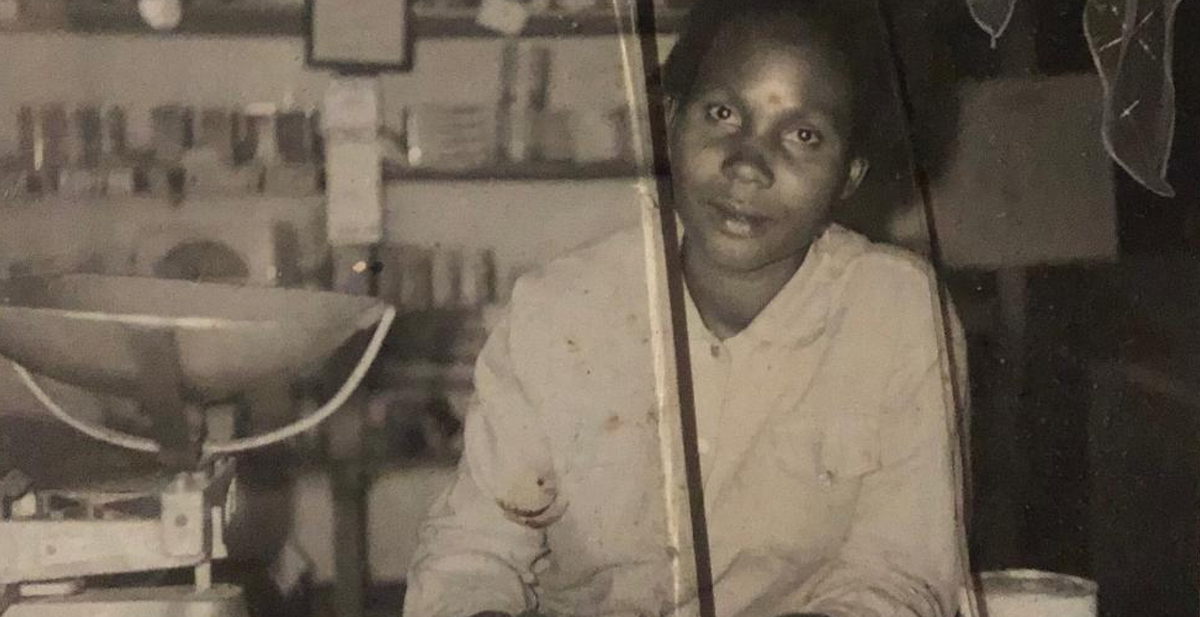
less
Marriage, Fatherhood, and Family
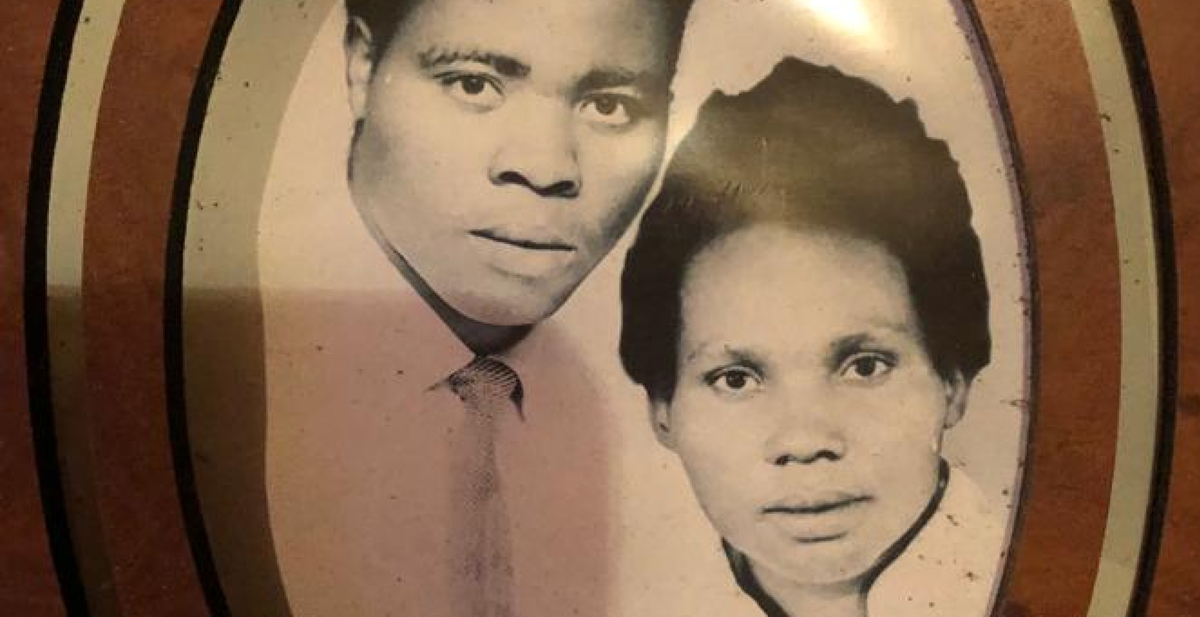
His love for my grandmother was palpable, and I was constantly amazed by the romance between them. He would often surprise her with flowers, and on their wedding anniversary, they would dance together, filling our home with joy. This display of affection was rare in many African households, but it was a beautiful norm in ours.
Every Wednesday, our home would fill with the aroma of ugali, sukuma, and nyama, a traditional Kenyan dish. What made this meal special was that both my grandparents would work together in the kitchen, cooking and listening to the radio. My grandfather, in particular, took pride in being the family's designated ugali maker. This was a remarkable sight, especially considering the societal norms of the time.
Growing up, I was fortunate to have a grandfather who defied convention. He would pick me up from school and make my favorite snack, French toast, while sharing stories about his business ventures. What struck me most, however, was his commitment to education, particularly for his daughters. In a post-colonial society where patriarchal systems often relegated women to traditional roles, my grandfather ensured that all nine of his children, including his first three daughters, received equal access to education.
This was a radical approach, especially during a time when girls were often married off early and denied educational opportunities. His determination to provide his daughters with the same opportunities as his sons was truly ahead of its time. He recognized that education was the key to unlocking their potential and empowering them to make choices about their own lives. In doing so, he challenged the societal norms that perpetuated gender inequality. He demonstrated that men could be allies and advocates for women's empowerment, and that education was essential for creating a more equitable society.
less
The Three Kinyungu Daughters: Breaking Taboos and Defying Tradition

In many African societies, divorce is often stigmatized as a failure, and the cultural and religious emphasis on marriage and family unity can make it difficult for individuals, especially women, to leave abusive situations. However, my grandfather was a trailblazer who dared to challenge these norms.
He was a vocal advocate for women's rights and safety, and his mantra "better coming back whole rather than in a body bag" encapsulates his commitment to protecting women from harm. When my mother and I found ourselves in an abusive situation, his unwavering support and encouragement gave us the strength to leave and start anew. His intervention potentially saved our lives, and I will forever be grateful for his bravery and compassion.
Moreover, my grandfather used his influence to tackle another harmful tradition that plagued the Kikuyu community: Female Genital Mutilation (FGM). This painful and oppressive practice had been perpetuated for generations, but my grandfather recognized its devastating impact on women's lives and well-being. Through his advocacy, he helped to break the cycle of FGM, paving the way for a more inclusive and equitable society for women and girls in the family.
less
The Church: A Platform for Community Service and Advocacy
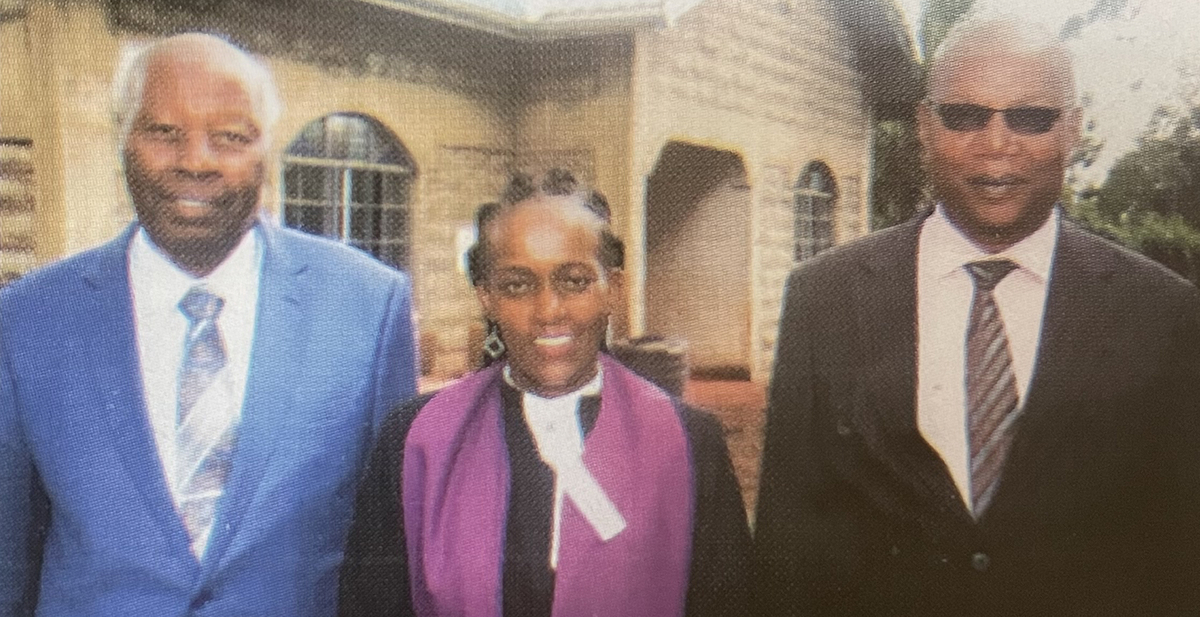
Christianity has a complex history in Kenya, having been introduced during the colonial period as a tool for promoting European values and legitimizing colonial authority. However, after independence, Christianity continued to evolve, with various denominations establishing a significant presence in the country. Today, approximately 80% of Kenyans identify as Christian.
My grandfather was a devoted member of the church, serving as a church elder at PCEA Karamba-ini church between 1997 to his demise. He utilized the church as a platform for community outreach, donating food, clothes, and assisting in enrolling underprivileged children in school. This selfless service taught me invaluable lessons about community building and the importance of giving back. Through my grandfather's example, I developed a passion for human rights and advocacy, often participating in projects that promoted social justice. His influence may have even inspired me to pursue this class.
Despite the church's positive impact, I witnessed firsthand the persistence of misogyny within its walls. As a church elder among his male peers, my grandfather stood out for his advocacy on behalf of a young female pastor who faced scrutiny and criticism for her physical appearance. My grandfather insisted that she had the same right as any male pastor to lead, challenging the entrenched patriarchal attitudes within the church. His courage and commitment to equality left a lasting impression on me.
less
Preserving Cultural Heritage: The Significance of Tradition and Family Ties
The Kikuyu people, like many other African societies, faced profound cultural disruptions during the colonial period. European colonizers imposed their values, customs, and institutions, often erasing or altering traditional African practices. This legacy of colonialism has had a lasting impact on Kikuyu culture, with many customs and practices lost or significantly altered.
Against this backdrop, my grandfather, as the oldest male family member, took on the revered role of family elder. He diligently organized family reunions and meetings, recognizing the importance of preserving our cultural heritage. Through these gatherings, he sought to pass down our traditions and customs to younger generations, ensuring that our family remained connected to its roots.
By holding on to these traditions, he played a vital role in maintaining family cohesion and cultural identity. He recognized that our customs and practices were essential to our sense of self and community, and he worked tirelessly to preserve them. His efforts not only kept our family together but also helped to safeguard our cultural heritage for future generations.
In doing so, my Guka demonstrated a profound understanding of the importance of cultural continuity and tradition. He showed that even in the face of colonialism and cultural disruption, it is possible to preserve and pass down our cultural heritage, ensuring that our traditions and customs continue to thrive.
less
Uncovering the Past: My Grandfather's Passion for History
My grandfather had a deep fascination with history, particularly Kenyan colonial history. His personal library was filled with books and DVDs documenting major historical events, but it was the stories of Kenya's struggle for independence that truly captivated him. We would spend hours together watching African Journals, a television series that explored the rich history of Africa.
Those moments sparked my own curiosity about the past, and I began to question the narratives I had learned in school. My grandfather's enthusiasm for history was contagious, and I found myself drawn to the complexities and nuances of colonialism. Through our shared exploration of history, I gained a deeper understanding of the ways in which the past continues to shape our present.
My grandfather's love for history not only broadened my knowledge but also instilled in me a critical-thinking approach to understanding the world. I learned to seek out diverse perspectives, challenge dominant narratives, and appreciate the richness of African history and culture. This foundation has stayed with me, influencing my own path of discovery and fueling my passion for learning.
less
Conclusion
My grandfather's life and legacy served as a catalyst for my feminist awakening. Through his progressive values, unwavering support for women's empowerment, and commitment to social justice, he instilled in me a deep understanding of the importance of equality and human rights. His influence helped shape my perspective on the world, encouraging me to question patriarchal norms, challenge gender-based oppression, and advocate for the rights of marginalized communities.
As I reflect on my grandfather's impact on my life, I am reminded that feminism is not just a movement, but a mindset one that values empathy, compassion, and the inherent worth and dignity of every individual.
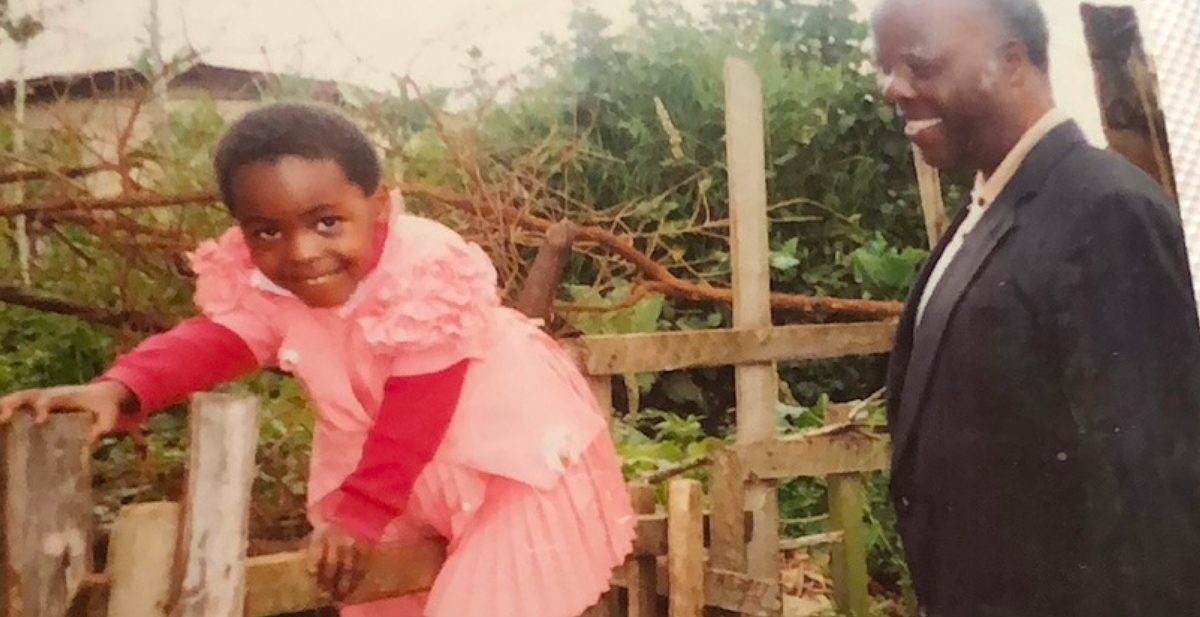
less
Bio
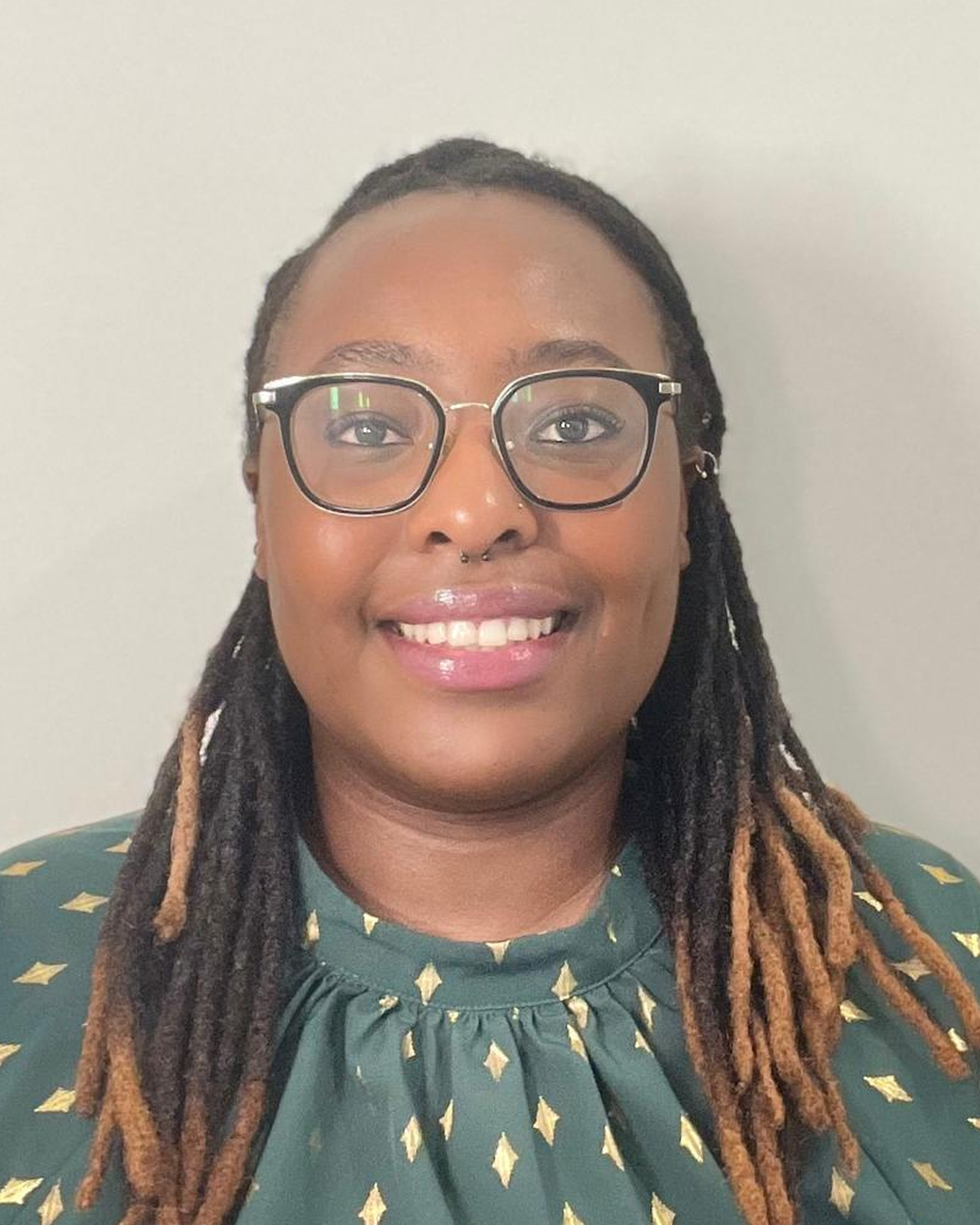
Nyambura Kinyungu is a dedicated Kenyan social researcher with a passion for socio-economic development, gender equality, indigenous epistemology, feminist studies, ecological sustainability, and social justice. She holds a Master’s degree in Liberal Studies from The New School in New York and a Bachelor’s degree in Law from Riara University in Kenya. Her work explores the intersections of policy, governance, and community-driven solutions to address pressing social and economic challenges. With a keen analytical approach, she has contributed to research projects that inform sustainable development strategies and equitable policymaking. Her research has been featured in a legacy publication from the Ministry of Foreign Affairs, Kenya, demonstrating her commitment to informing policy and practice through her work.
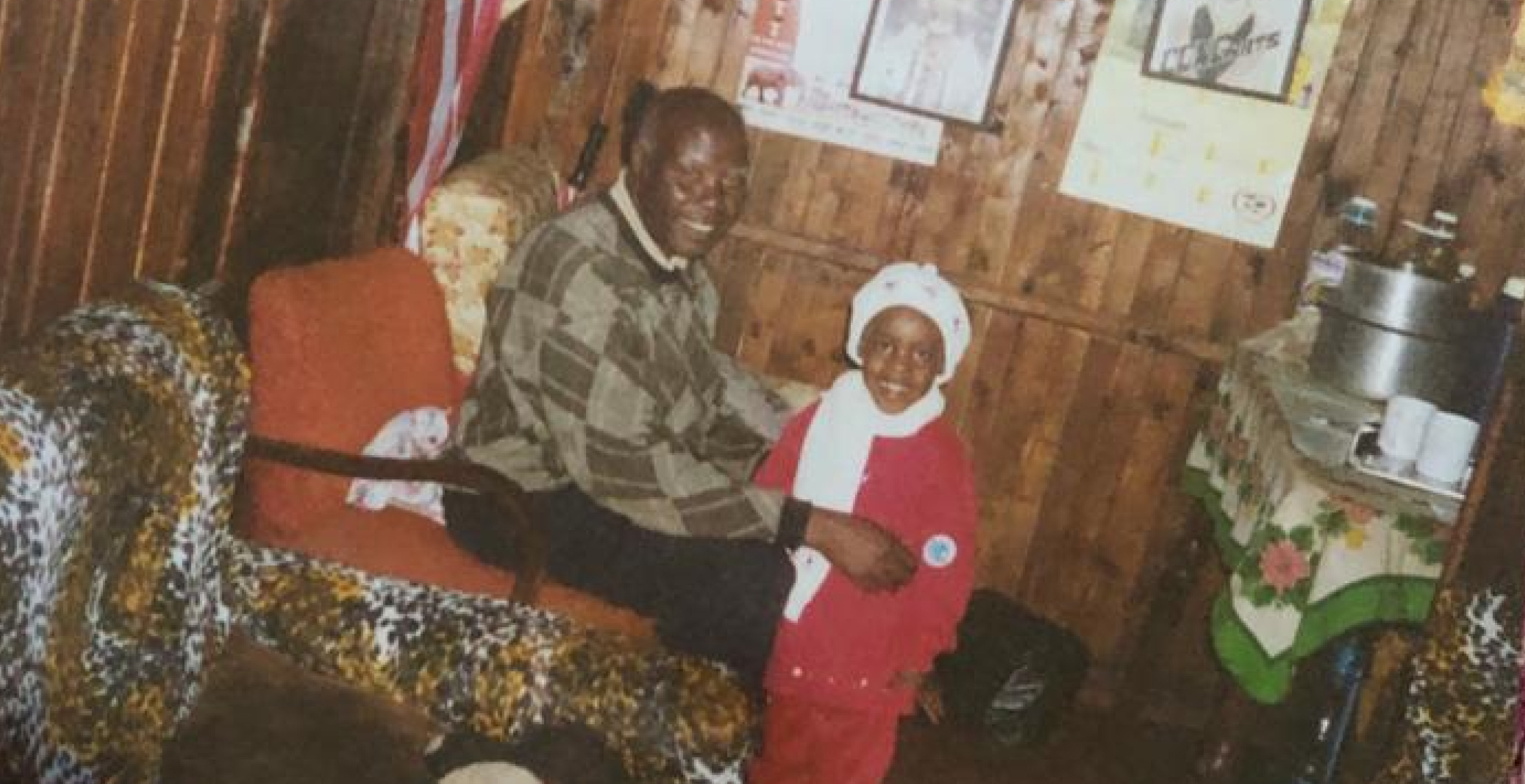
Comment
Your message was sent successfully